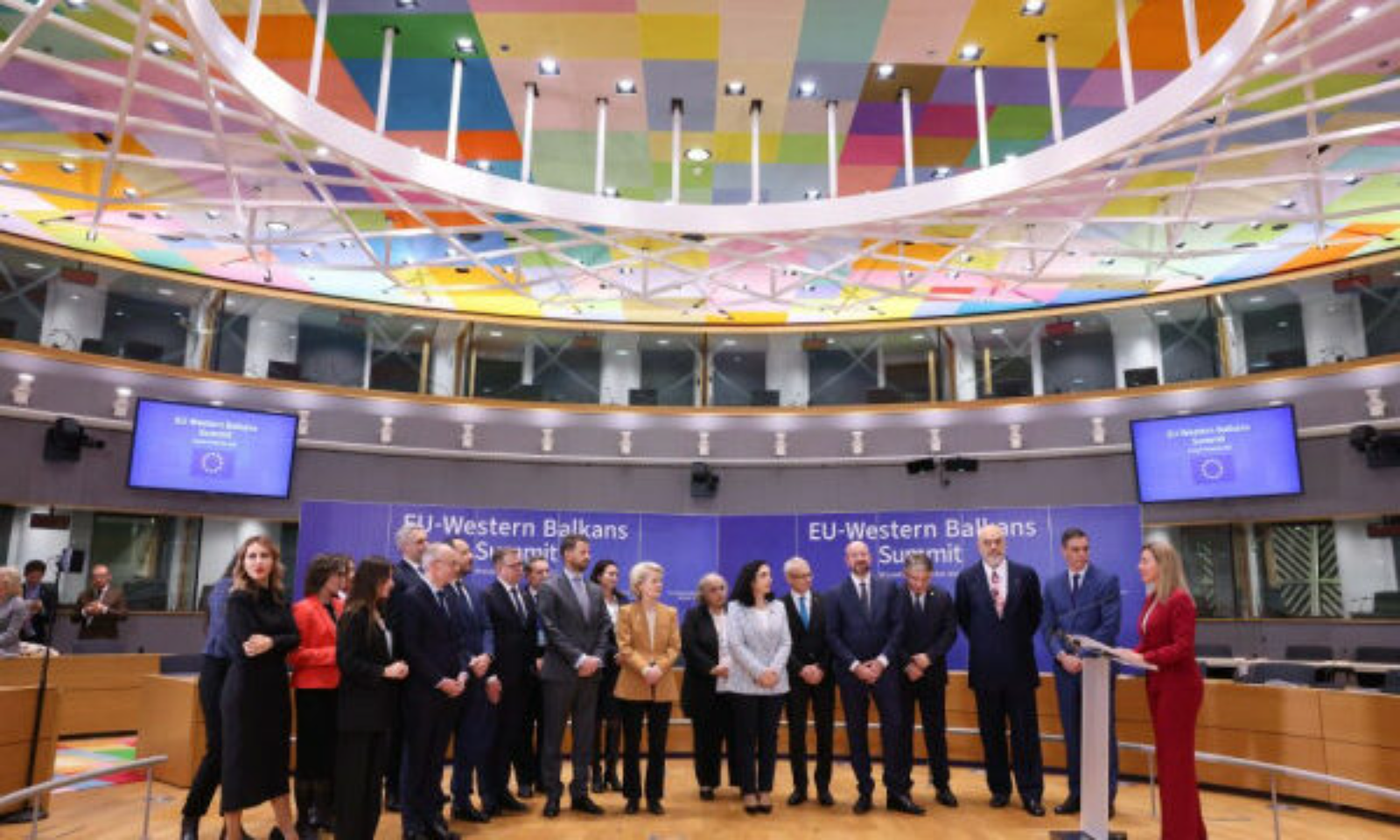“At least half of the total funds will support investments in infrastructure and connectivity, including transport, energy, and the green and digital transitions.
The remaining portion of the loans will be released as direct support for national budgets,” emphasizes the European Commission for EWB (European Western Balkans), explaining the mechanisms for spending money from the Growth Plan for the Western Balkans.
The first funds from this financial instrument are expected to be released soon, once the European Commission officially approves the Reform Agendas presented by Albania, Montenegro, North Macedonia, Serbia, and Kosovo. On the other hand, it remains uncertain whether Bosnia and Herzegovina will receive funds at the same time, as this country has delayed the approval of its Reform Agenda.
The EU aims to allocate seven percent of the total funds from the Growth Plan to all partners in the Western Balkans that approve valid Reform Agendas as pre-financing. This instrument, covering the period from 2024 to 2027, is a financial mechanism of the EU worth six billion euros, approved with the aim of doubling the region’s economic growth over the next decade.
Of the total amount, two billion euros will be distributed as grants, while the remaining four billion euros will be provided as low-interest loans. It is estimated that Serbia will receive 1.58 billion euros, Bosnia and Herzegovina 969 million, Albania 922 million, Kosovo 888 million, North Macedonia 807 million, and Montenegro 383.5 million.
Regarding the procedures for releasing funds from the Growth Plan, the European Commission states for EWB that “it will be conditioned on the successful implementation of the Reform Agendas, covering both core reforms and socio-economic reforms, in close cooperation with the European Commission.”
“Funds under the facilities should be released according to a fixed six-month plan, based on the request for the release of funds submitted by partners and after verification by the Commission of the satisfactory fulfillment of both general conditions related to macro-financial assistance, sound public finance management, transparency, and budget oversight, and relevant payment conditions, along with prerequisites for beneficiaries to respect democratic principles and human rights,” the EC states.
The European Commission adds that in the Reform Agendas, “reforms are divided into quantitative and qualitative steps, which will serve as payment conditions, with each step having a specific implementation timeline.”
“Loan and facility agreements will include obligations for beneficiaries to take appropriate measures to prevent, detect, and correct fraud, corruption, conflicts of interest, and irregularities affecting the financial interests of the Union, to avoid double funding, and to take legal action to recover funds that have been misappropriated, as well as to collect adequate data on beneficiaries of funds under the Instrument and the rights that must be granted to the Commission, the European Anti-Fraud Office (OLAF), and the European Public Prosecutor’s Office (EPPO) where applicable,” the EC clarifies.
Finally, the European Commission emphasizes that it “can reduce or recover amounts if the financial interests of the Union are affected or if beneficiaries have seriously breached an obligation arising from the agreements made under the facilitation.”







